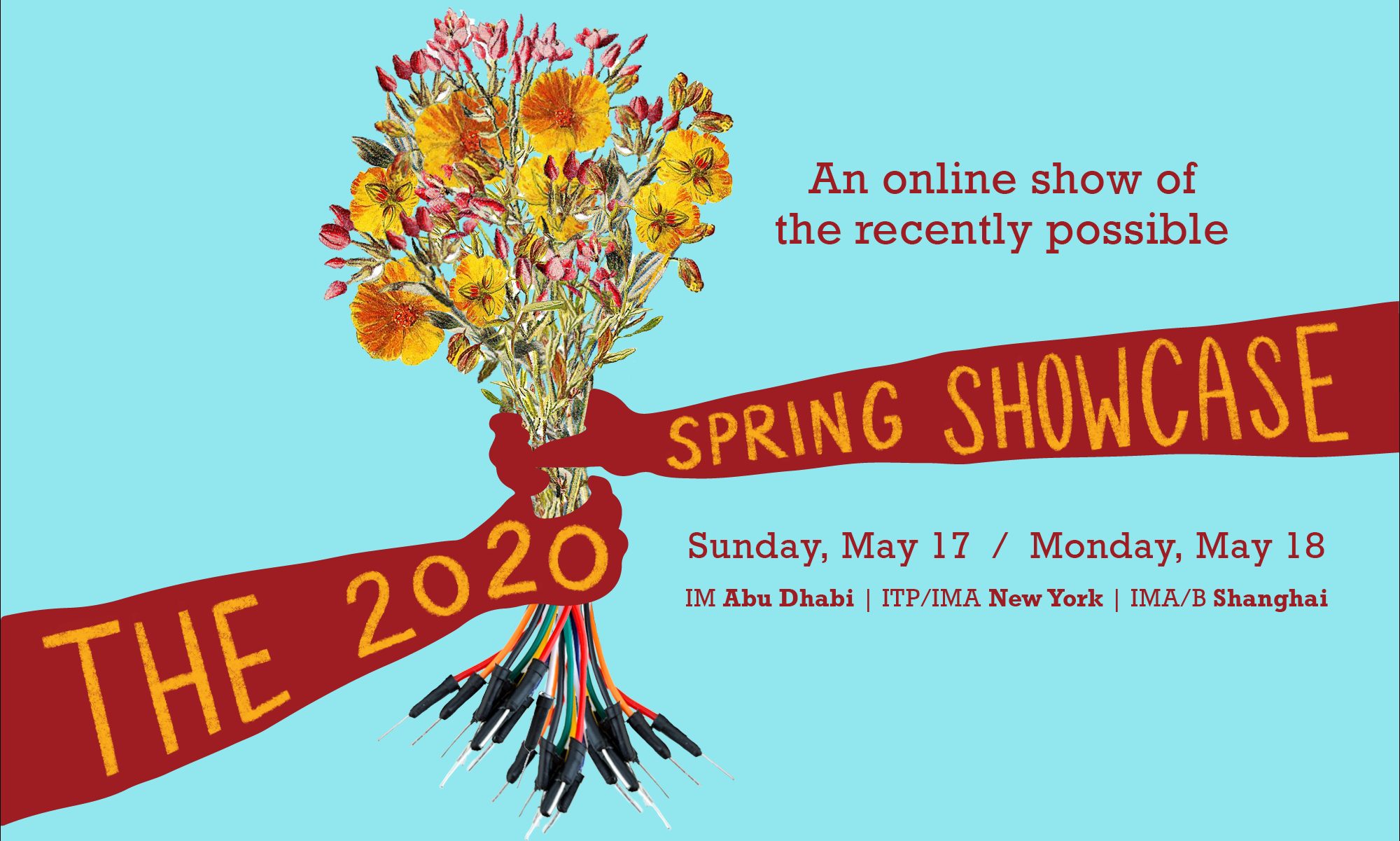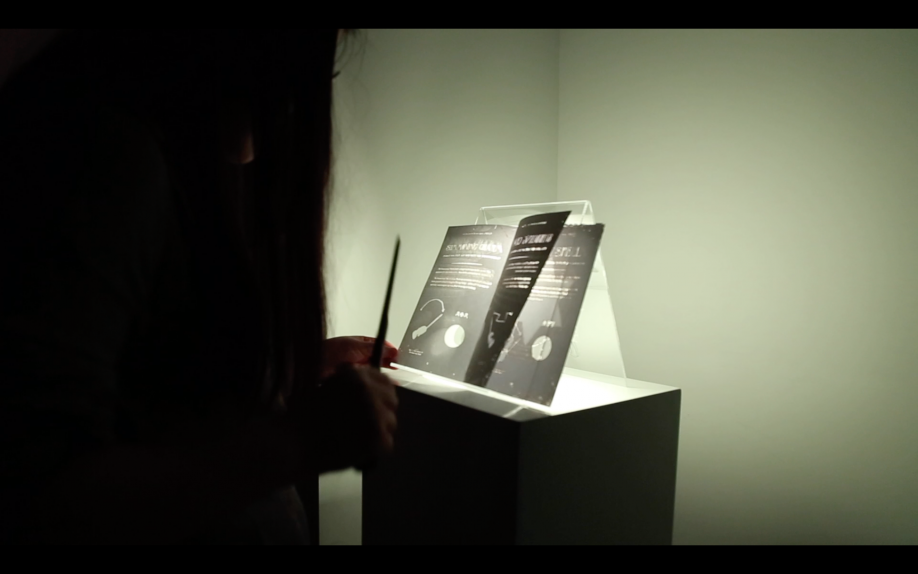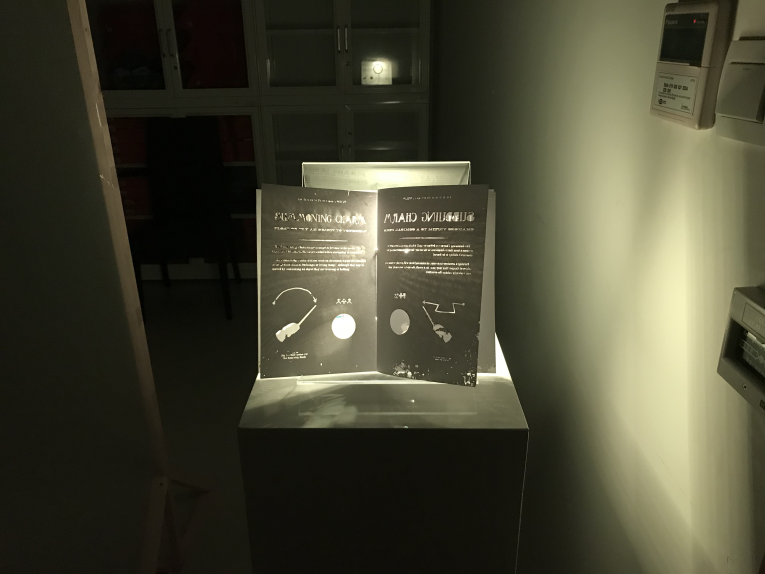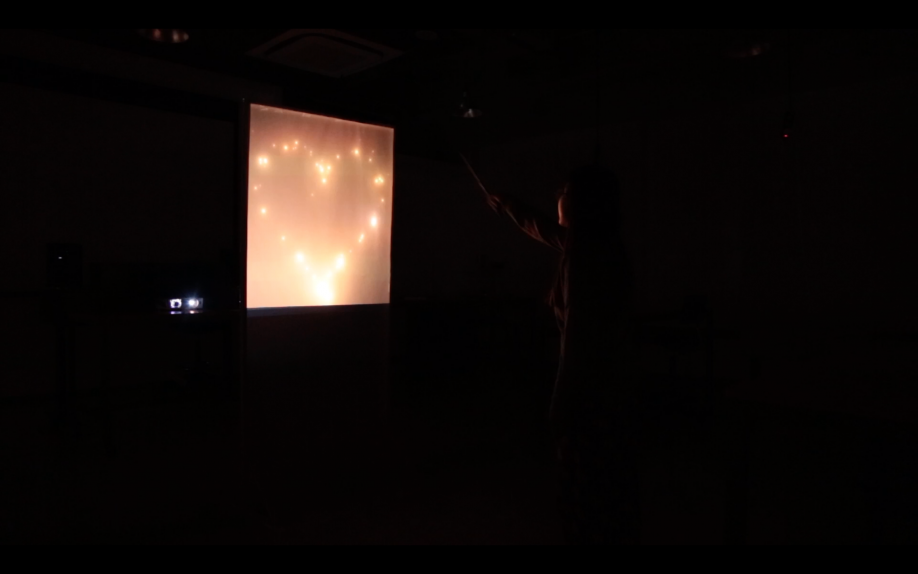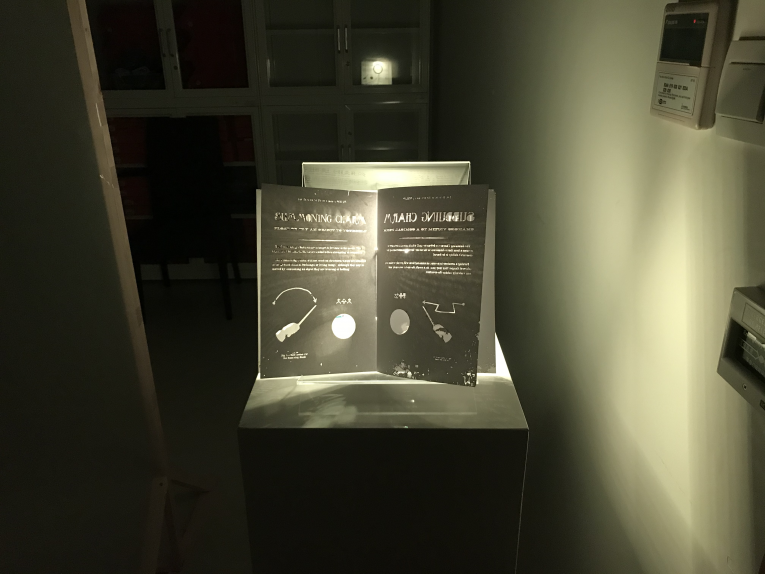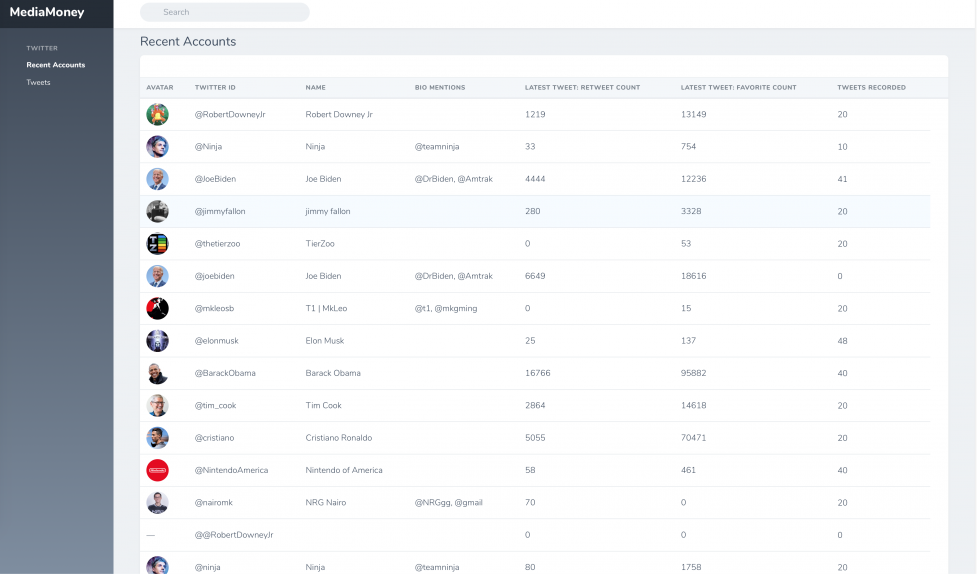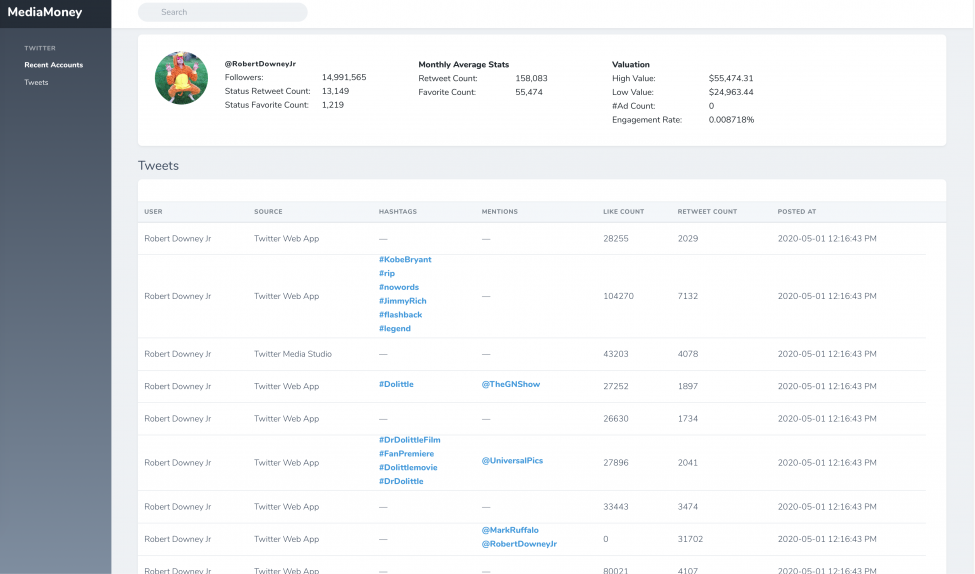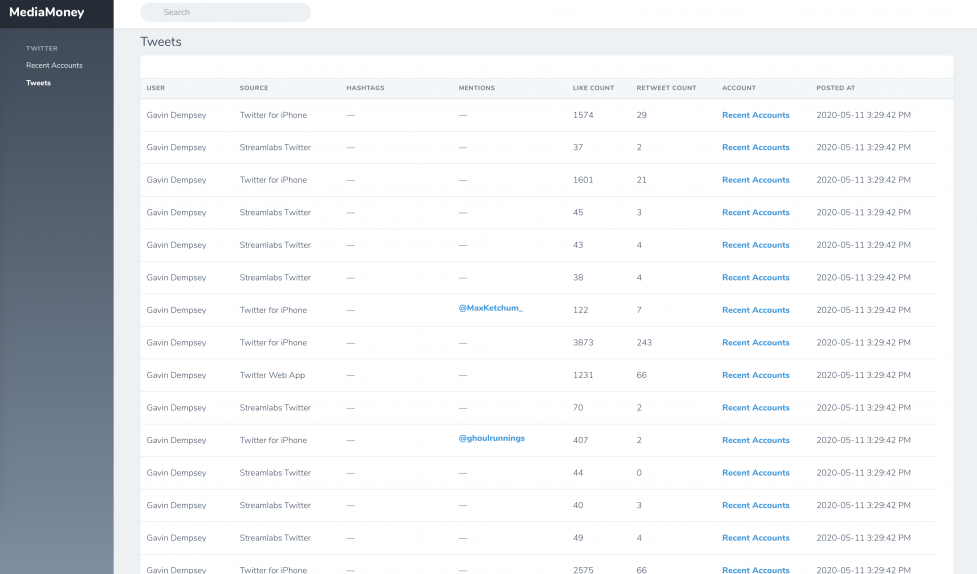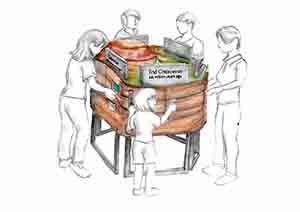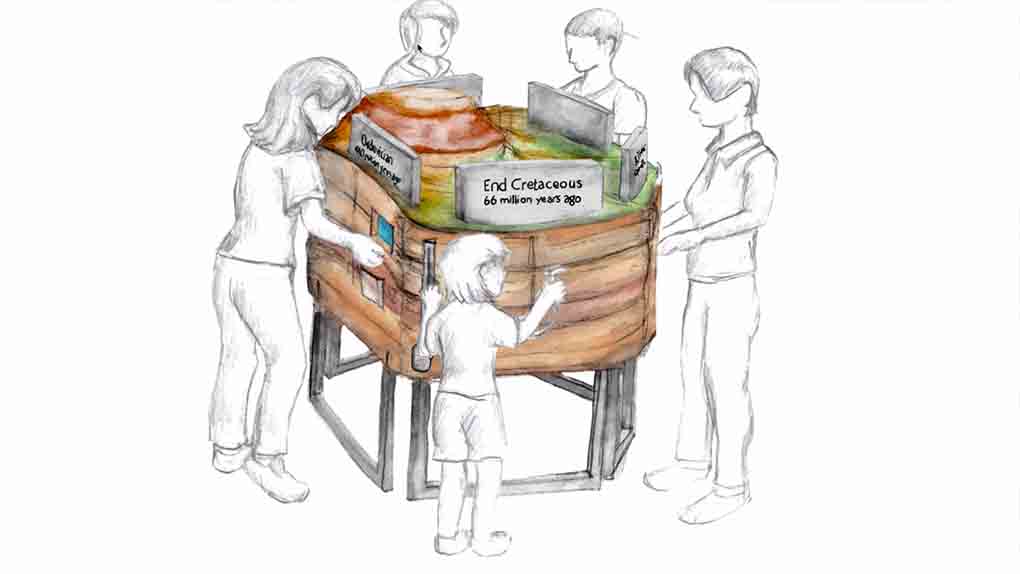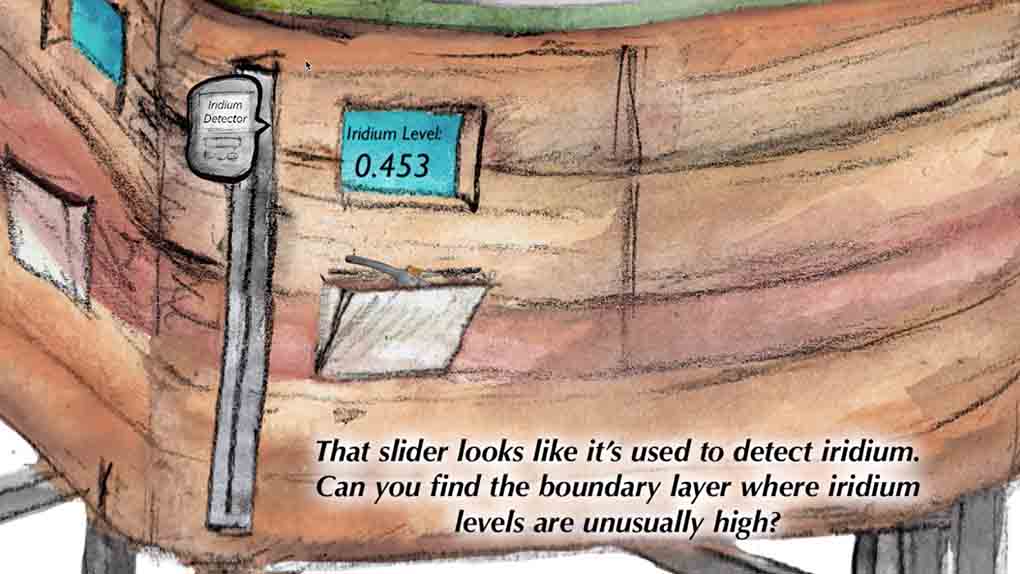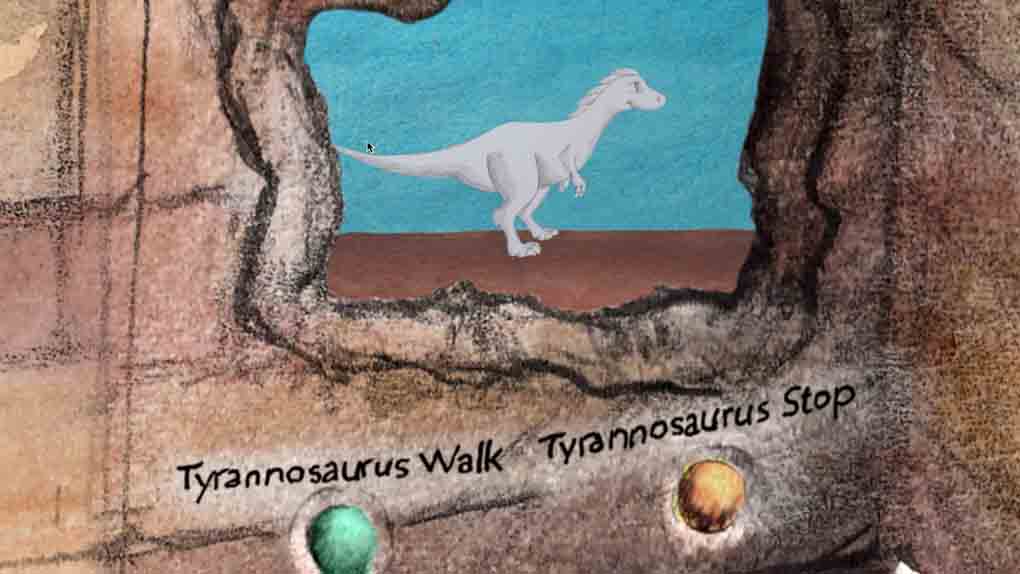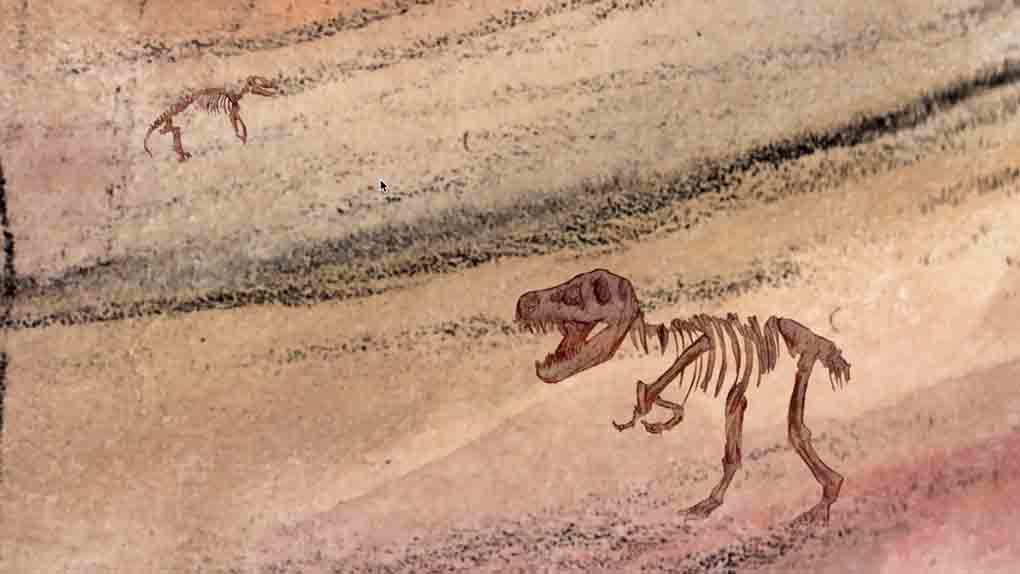A magic space for children to create & cast their own spells, with the hope that they can learn from Positive Psychology embedded.
Quinny He
Description
We have many tools that help kids to learn: Scratch for kids to access programming, Variation Playground for kids to learn music, Cognimates for kids to understand AI concepts, and we even have a whole museum exploratorium for kids to explore scientific phenomena at their own pace. However, all these learning experiences focus on talents, which are non-moral (such as understanding physics). Seldom do people consider helping children develop strengths, which are moral and contribute to virtues (such as the ability to love and be loved). In the field of Positive Psychology, strengths development contributes to personal happiness in both childhood and adulthood. Can we design a learning tool specifically for kids to learn happiness? Located in a dark room, the project creates a magical space for children to create and cast their own magic spells. With the guidance of a magic book teaching children how to use our magic wand, children can use different gestures to control the floating spells projected on a giant transparent canvas and design a new spell for their own wish. For instance, a “heart” shape spell for the wish that “I want my parents to get back together”. This project draws inspiration from Positive Art Therapy, the art therapy for positive psychology interventions, provides our young audience with a magical space to learn optimism, overcome grief, and regain hope.
